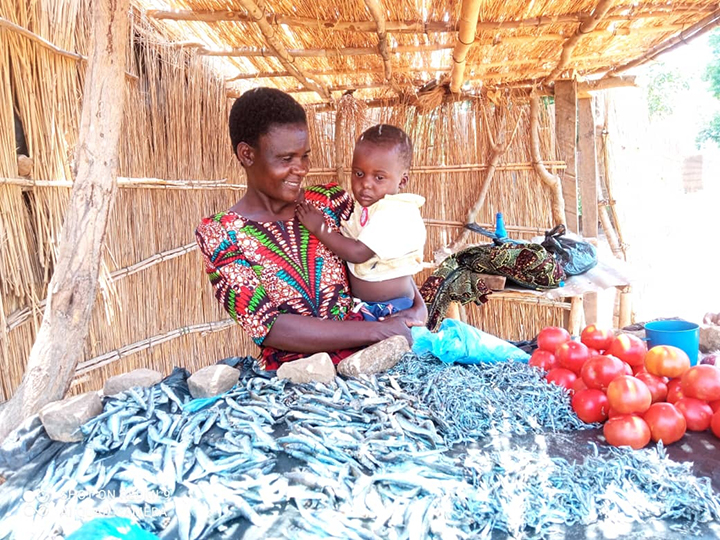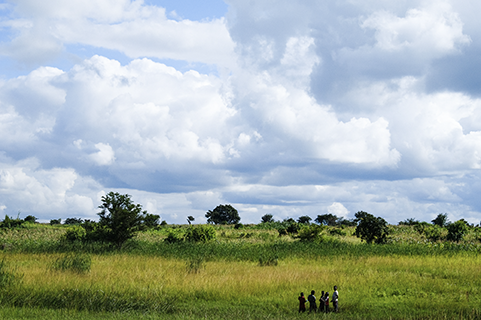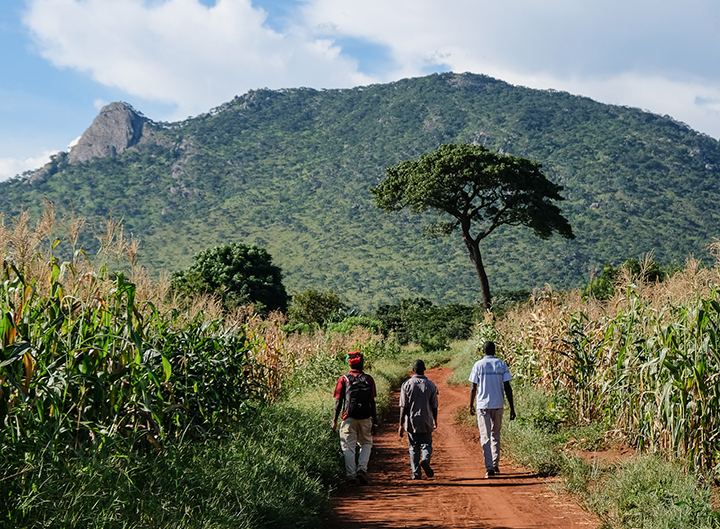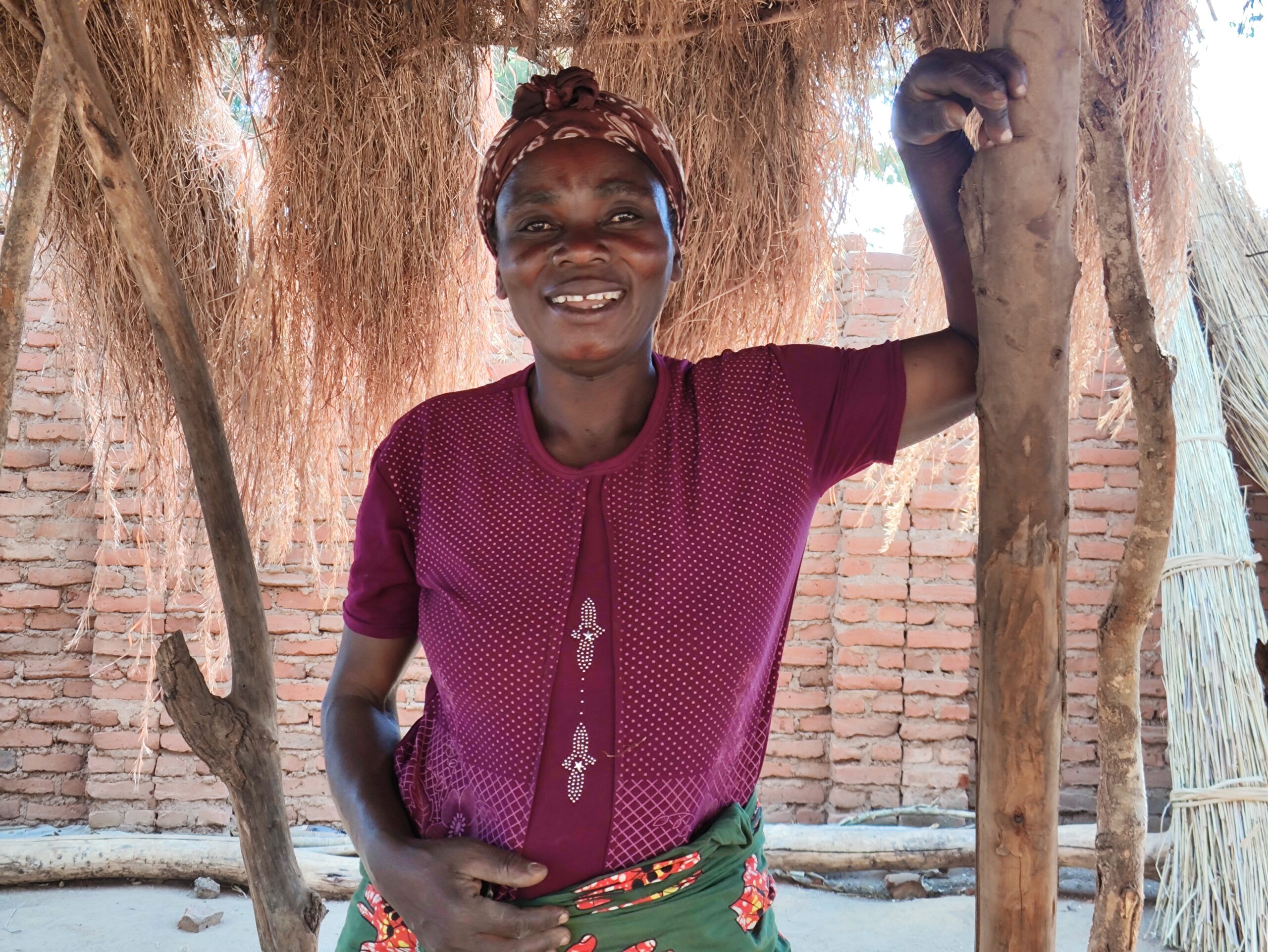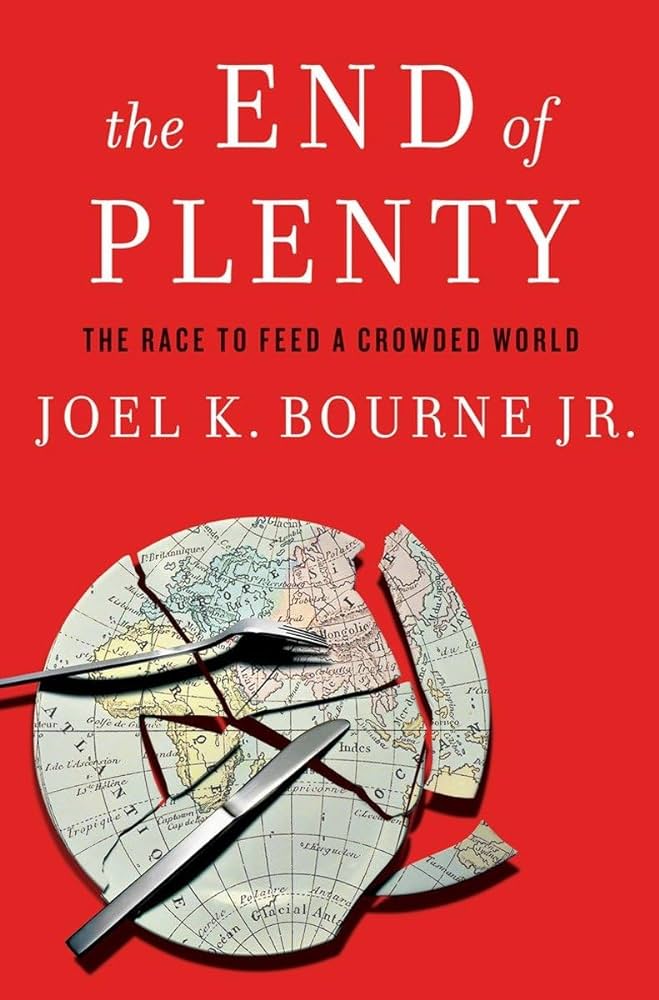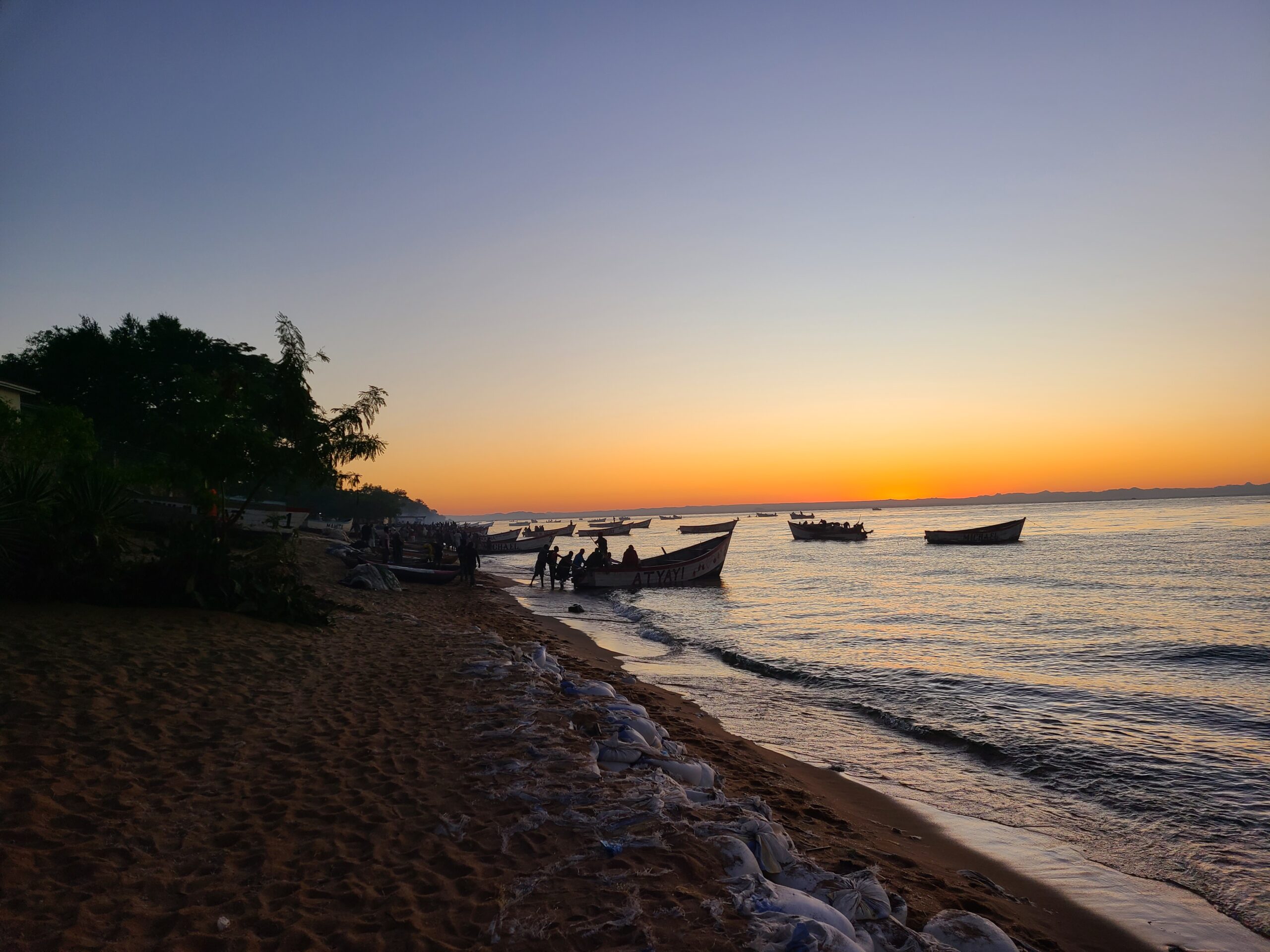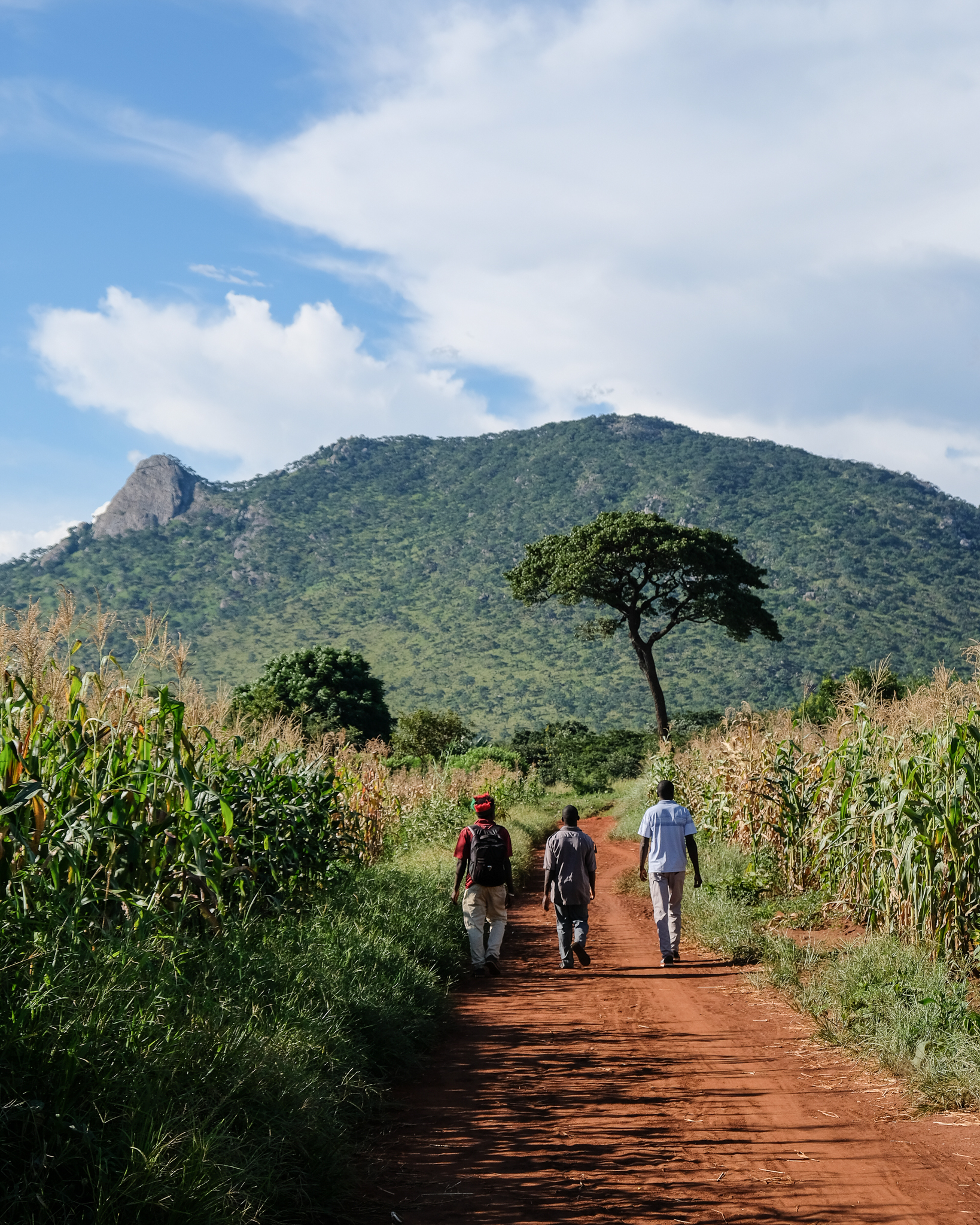Malawian culture has always been known as a treasure trove of wisdom, and proverbs being an integral part of our rich heritage. These timeless sayings have been passed on through generations, offering guidance, direction, and warnings that shape our values, beliefs, and daily lives. In this blog series, we delve into the world of Malawian proverbs, exploring their meanings, contexts and significance. Read today's blog post which serves as a continuation to our journey.
Cash Crops in Malawi
An Interview with Gracious Msimuko
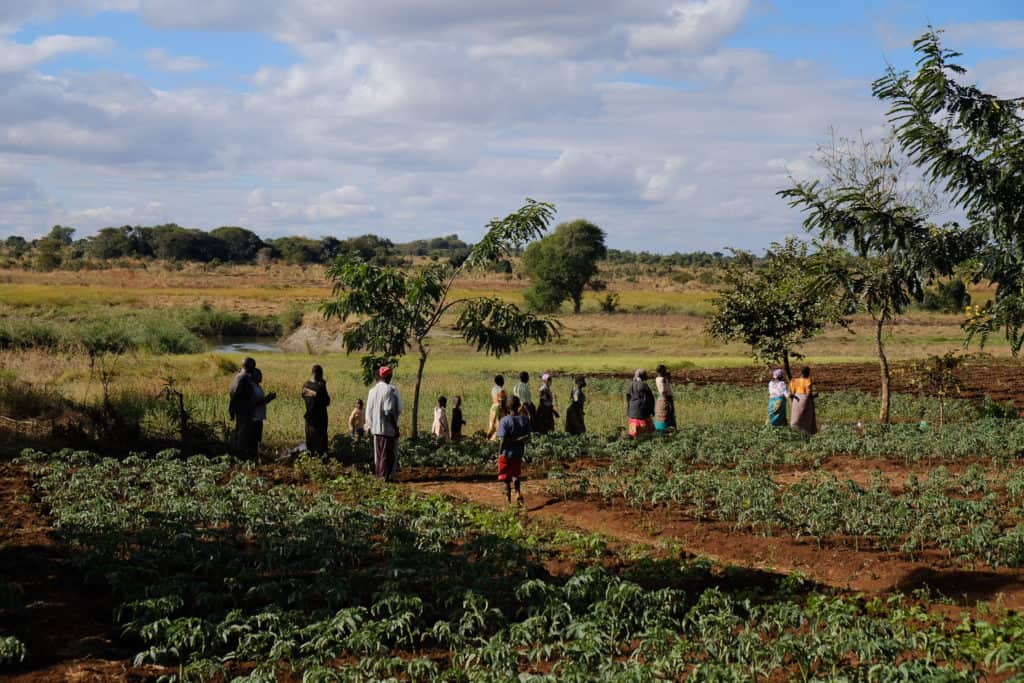
Cash crops are any crops planted for the purpose of selling for profit. But who grows cash crops in Malawi? What are the best cash crops for the climate and soil? Which are most profitable? We interviewed Orant’s Agriculture Extension Officer Gracious Msimuko for expert insight.
Who should grow cash crops in Malawi?
Anyone can grow cash crops. However, due to scarcity of land, certified seeds, etc., cash crops are mostly grown by big-scale commercial farmers. Small-scale farmers mostly grow food crops. Small-scale farmers do grow cash crops, too, but on small scales.
What are the best cash crops in Malawi?
The best cash crops are soya beans and groundnuts. They do well in many weather conditions in our country. They also have readily available markets for both small-scale and big-scale farmers. These crops can be cultivated without chemical fertilizers. They can also easily be processed into nutritious food in villages without complicated processes.
More on cash crop options here.
Which crops in Malawi are most profitable?
Groundnuts are probably the most profitable crops since they can be processed into other products like peanut butter, cooking oil, and groundnut flour. People even like eating groundnuts unprocessed or roasted, which is also highly nutritious.
Which Malawian cash crops are easiest to grow?
Soya beans are easier to grow than groundnuts. They have fewer processes in production.
Any tips for farmers who would like to make a profit from their crop yield?
For someone to make a profit, they need to start with good agricultural practices. These include crop rotation, good choice of seed varieties, early planting, early weeding, pest control, scouting the field, and harvesting in good time to minimize post harvest losses. Farmers also need to practice budgeting and work plans. This will help them know whether they will make a profit or loss. Due to the small quantities that smallholder farmers produce, we encourage them to start or join a farming group/cooperative. Cooperatives help them market their produce in groups. In groups, collective bargaining ensures better prices.
How does Orant utilize or encourage the growing of cash crops?
Orant supports small-scale farmers. We search for good markets, identify good seed varieties, and teach best practices through demonstrations and field days.
To learn more about Orant’s Agriculture & Business Program…
The Orant Journal
What does Orant mean?
Have you ever wondered what Orant means? It’s not just a funny word - it has a deeper meaning that we’re telling you about this week in the blog. Read more about it here and learn where we got our name and why we are grateful for you, our readers, donors, and supporters, this week and always.
The Culture of Malawi: An Introduction to Malawian Proverbs
Malawian culture has always been known as a treasure trove of wisdom, and proverbs being an integral part of our rich heritage. These timeless sayings have been passed on through generations, offering guidance, direction, and warnings that shape our values, beliefs, and daily lives. In our upcoming blog series, we will delve into the world of Malawian proverbs, exploring their meanings, contexts and significance. Read today's blog post which serves as an introduction to our journey.
As Big as the Sky Book Review
Read today’s blog about the children’s book, “As Big as the Sky”, a Malawian story about a brother and sister whose love for each other is as big as the sky.
Orant’s Values
“Orant respectfully serves and collaborates with our community in a sustainable way.”
The Village Chief’s Vital Role
Ever wondered why we always mention village chiefs and their involvement in Orant’s work? If yes, then today’s blog article is for you! In this article, we talk to Village Head of Kasese Village in Dowa, who tells us about her duties and why her involvement with Orant is important. Read today's blog article to learn more.
The End of Plenty Book Review
Recently, we read The End of Plenty by Joel K. Bourne Jr. An honest and sometimes scathing review of the Green Revolution, this book covers how monoculture crops have led to worsening hunger across the world. As the planet warms, the need is ever more urgent for us to find a solution to humanity’s desperate need to feed 9 billion people.
Urbanisation in Malawi: MW2063 Pillar #3
As we have discussed in some of our past blogs, Malawi Vision 2063 has three key pillars that guide the focus of the Vision. These three pillars are meant to build on each other to create the inclusively wealthy and self-reliant nation that they envision. In this blog, we will look at the third pillar of MW2063: Urbanisation.
Best Things to Do in Malawi
Whether you are planning an African trip or just curious about the things we love about Malawi, read today’s blog to see the best things to do in Malawi!
Holidays in Malawi
Holidays are here again and we are so excited! Most of our team is taking time off with their families and loved ones, so please enjoy this blog while we are away. Celebrate the holidays with us the Malawian way!

